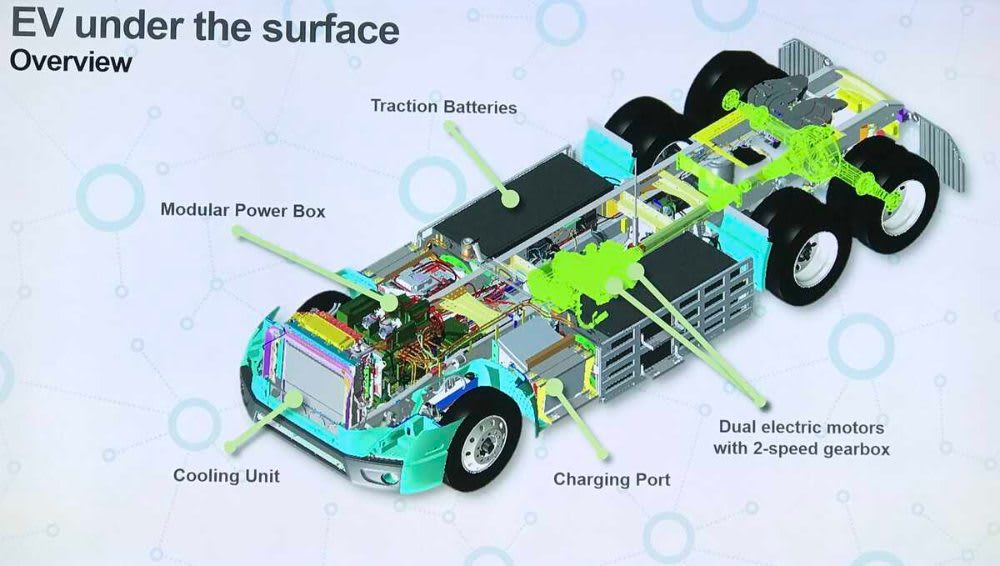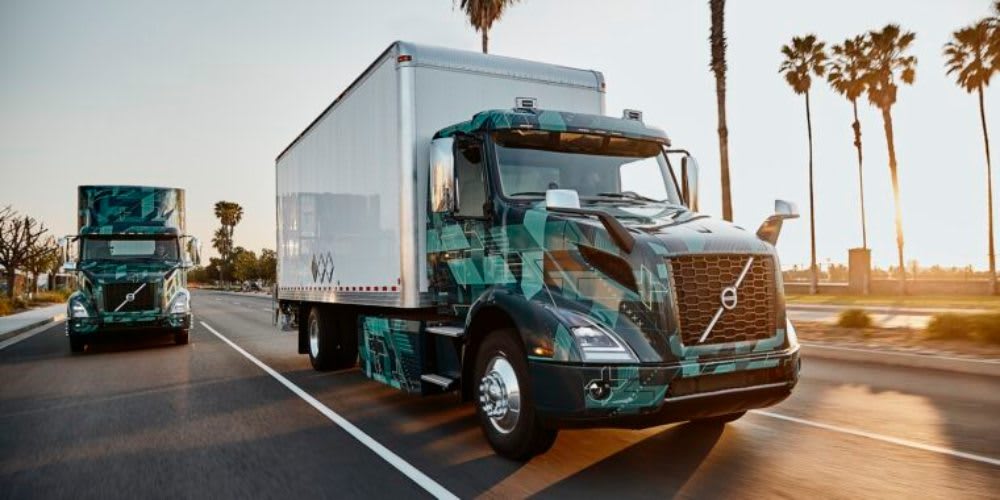Trying to get commercial truck drivers to accept an electric vehicle over the internal combustion engine that they've known for years will be a challenge, says Eaton Corporation's Julie Marshaus, but not an impossible one.
What will it take for the drivers of 18-wheelers and Class 8 "semi" trucks to start going electric?
In a live Tech Briefs presentation called Electric-Vehicle Transmission Development and Simulation, an attendee had that very question for Marshaus, an engineering manager at the power-management and electrical-systems manufacturer.
What market drivers need to occur for electric vehicles to be considered an acceptable replacement for vehicles with internal combustion engines?
Read Marshaus's edited response below.
Julie G. Marshaus, Engineering Manager, eMobility, Eaton Corp.: What it's going to take is getting more concept vehicles out there, and giving more people the opportunity to ride in these vehicles.
Just like people are starting to understand that the passenger cars that are electrified get really, really great performance, we find the same thing with the Class 8 truck.
The acceleration in these vehicles is phemenomenal. And when you have this peak torque at 0 speed, you no longer have to worry about clutches closing. I really think that getting this product in the hands of customers is what’s going to make the real shift.
Also, we have places like California that are trying to clean up their routes in and out of their ports, and trying to get those areas cleaned up that have so much pollution today. I think it’s going to be about working together with those cities and states, to try to get those vehicles out there.
What do you think? What will drive the electric-vehicle market and the growth of Class 8 electric trucks? Share your questions and comments below.



